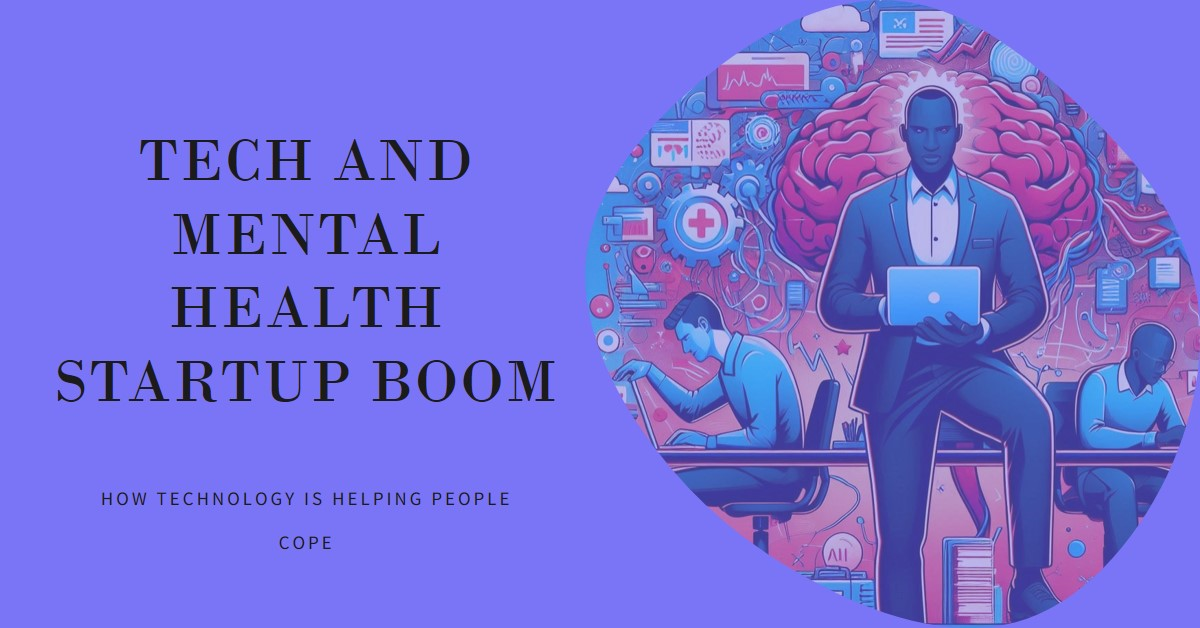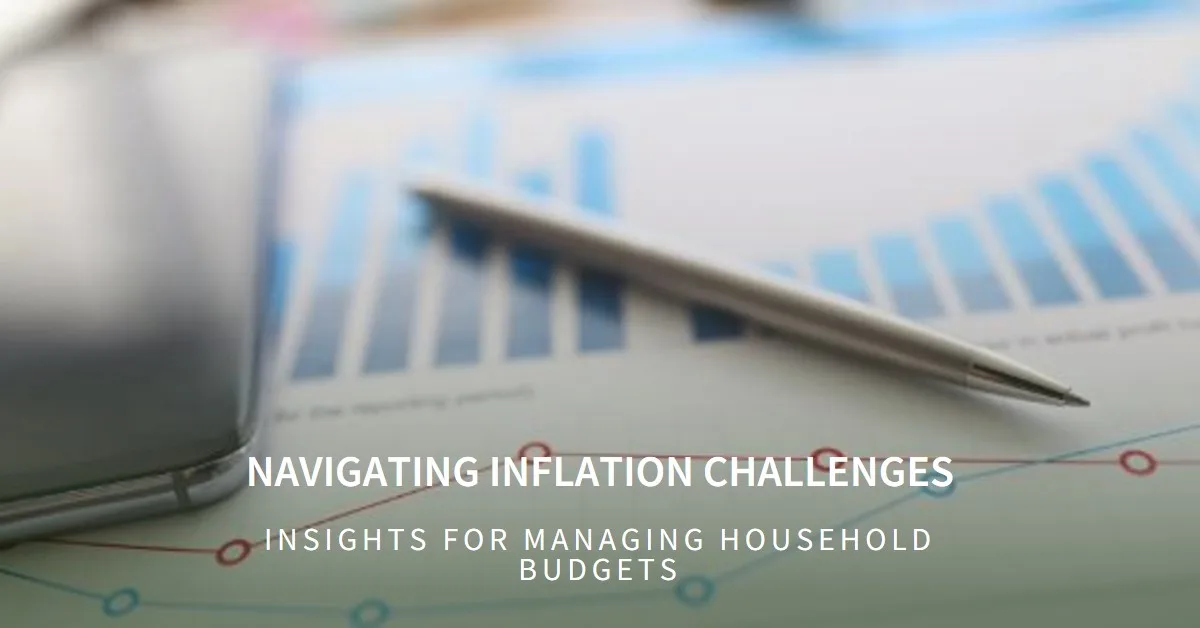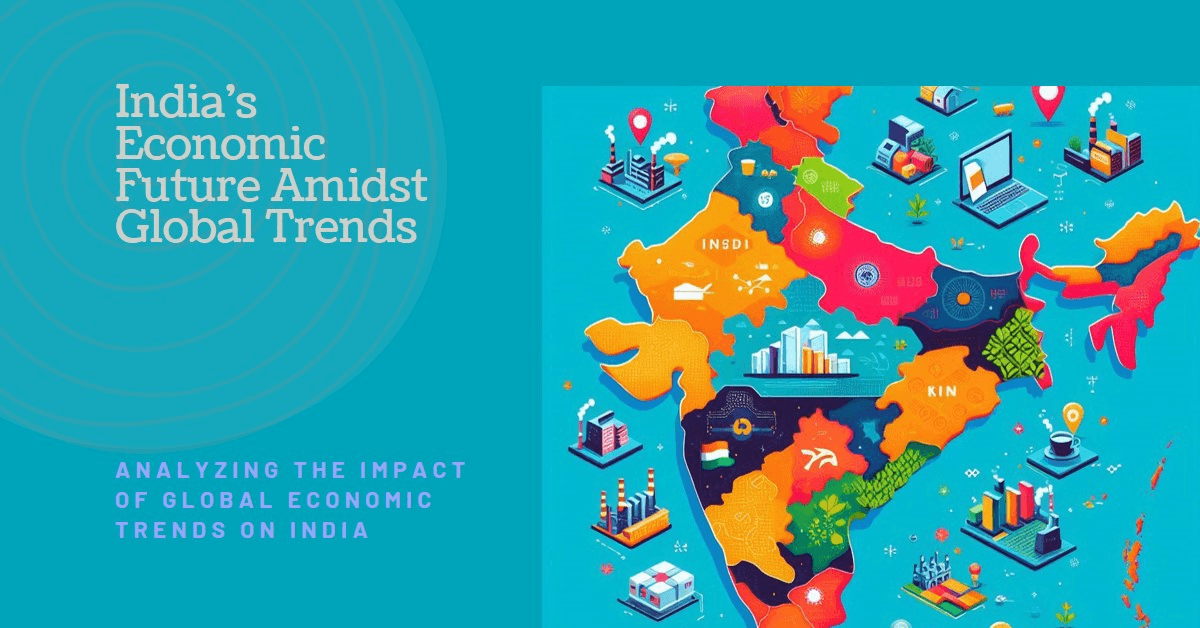
Mental health has long been a neglected topic in India, overshadowed by stigma, lack of awareness, and inadequate access to professional care. However, the past few years have witnessed a paradigm shift, as mental health issues have come to the forefront, especially in the wake of the COVID-19 pandemic. With increasing awareness and a growing acceptance of seeking help, mental health tech startups are booming in India, providing accessible, affordable, and stigma-free solutions for millions. These startups leverage technology to offer counseling, therapy, and support services through apps and online platforms, making mental health care more accessible than ever before.
The Rise of Mental Health Tech Startups in India

India’s mental health burden is staggering, with estimates suggesting that nearly 14% of the population suffers from mental health disorders such as anxiety, depression, and stress. Despite the urgent need, the country faces a severe shortage of mental health professionals, with only about one psychiatrist available for every 100,000 people. This gap has paved the way for tech-driven solutions, with startups stepping in to bridge the accessibility divide.
Tech-enabled platforms are democratizing mental health care by offering various services, including online therapy, self-help tools, and mental wellness apps. Startups like InnerHour, Wysa, YourDOST, and Practo have gained popularity by providing users with easy access to licensed therapists, mental health resources, and support communities, all at their fingertips.
These platforms employ a range of technologies, from artificial intelligence (AI) and chatbots to video and voice calls, making it easier for people to seek help privately and conveniently. For instance, Wysa uses an AI-powered chatbot that offers emotional support and mental health exercises, allowing users to talk through their concerns anonymously. Similarly, InnerHour provides personalized self-help programs designed by psychologists, catering to various mental health needs.
How Technology is Making a Difference
- Accessibility and Convenience: One of the biggest barriers to seeking mental health care in India has been the lack of access to qualified professionals, especially in rural and remote areas. Mental health tech startups are overcoming this challenge by providing services that can be accessed from anywhere, at any time. Through mobile apps and online platforms, users can connect with therapists and counselors without the need for travel, long waiting times, or the fear of social stigma.
- Affordability: Traditional therapy can be expensive, often making it inaccessible for many. Startups are offering cost-effective solutions, with subscription-based models and pay-per-session options that are significantly cheaper than in-person consultations. This affordability is crucial in a country like India, where cost can be a major deterrent to seeking mental health care.
- Anonymity and Reduced Stigma: The stigma associated with mental health issues remains a significant barrier in India. Many individuals hesitate to seek help due to fear of judgment or being labeled. Digital platforms provide a level of anonymity that traditional therapy lacks, allowing users to engage with mental health services discreetly. This anonymity helps reduce the stigma and encourages more people to seek help.
- Scalability and Reach: With over 700 million internet users in India, mental health tech startups have a vast reach. These platforms are not limited by geographical boundaries, making it possible to scale services and reach millions of people who might otherwise not have access to mental health care. Startups like MindPeers and Trijog are expanding their reach by offering bilingual services and catering to diverse cultural contexts within India.
The Role of AI and Data Analytics

Artificial intelligence and data analytics play a crucial role in enhancing the effectiveness of mental health platforms. AI-powered chatbots, like those used by Wysa and Replika, provide immediate support and are designed to engage users in conversations that help them articulate their feelings and thoughts. These chatbots use natural language processing to understand user input and provide appropriate responses, offering an initial level of support that can be invaluable in moments of distress.
Data analytics, on the other hand, helps platforms personalize user experiences by analyzing user behavior and preferences. This data-driven approach allows for the customization of therapy programs, making them more effective and user-centric. Additionally, platforms can use data to track user progress and adjust interventions as needed, ensuring continuous and personalized care.
Challenges and the Road Ahead
Despite the rapid growth and success of mental health startups, there are challenges that need to be addressed. The lack of regulation in the digital mental health space raises concerns about the quality and credibility of services. Ensuring that platforms adhere to ethical standards and maintain user privacy is critical, especially when dealing with sensitive mental health data.
Furthermore, the integration of technology in mental health care requires continuous updates and training to ensure that professionals are equipped to handle digital tools effectively. Collaborations between tech startups, mental health professionals, and government bodies can help standardize practices and enhance the quality of care.
The potential of mental health tech startups to transform the landscape of mental health care in India is immense. As these platforms continue to evolve, there is an opportunity to create a more inclusive and accessible mental health ecosystem that reaches every corner of the country.
Conclusion
The mental health startup boom in India marks a significant step towards addressing the country’s mental health crisis. By leveraging technology, these startups are breaking down barriers, making mental health care more accessible, affordable, and less stigmatized. As the sector continues to grow, it has the potential to not only improve the mental well-being of millions but also to change the way mental health care is perceived and delivered in India.
For more insights on how technology is reshaping the mental health sector, explore Epic Infinite, where we delve into the latest trends in health tech and innovation. Discover how startups are driving change and providing solutions to some of the most pressing health challenges.











